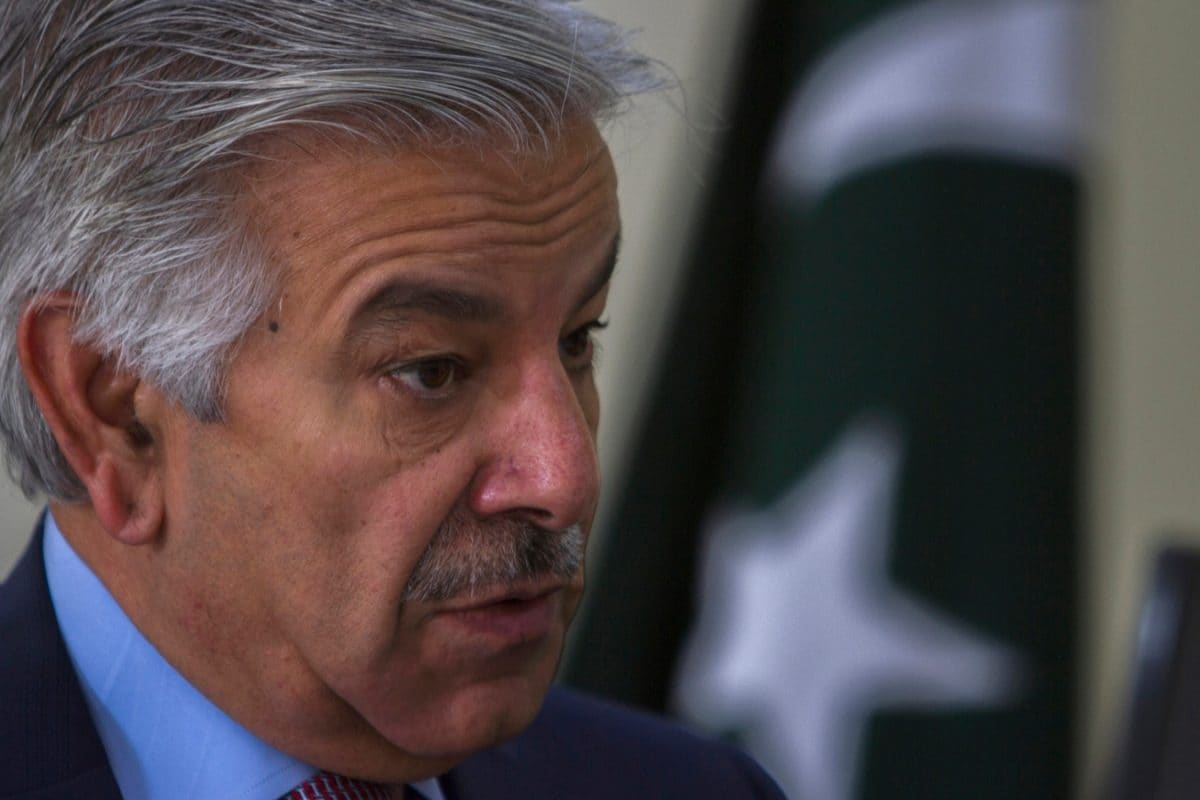

In the midst of escalating tensions between India and Pakistan, Pakistani Defence Minister Khawaja Asif has offered a peculiar explanation for why Pakistan's air defense systems seemingly did not intercept Indian drones that recently violated its airspace. His statement has triggered widespread mockery and drawn considerable scrutiny, adding another layer of complexity to the already fraught relationship between the two nuclear-armed neighbors.
According to Asif, Pakistan deliberately avoided shooting down the Indian drones in order to conceal the locations of its own air defense weaponry. Speaking in the National Assembly, he argued that intercepting the drones would have revealed sensitive information about Pakistan's defense capabilities. This rationale has been met with disbelief and criticism, with many questioning its strategic soundness and overall credibility.
The recent exchange of accusations and attacks has intensified the already strained relations between India and Pakistan. India has asserted that it conducted precision strikes on what it called "terrorist infrastructure" within Pakistani territory, while Pakistan has claimed that it shot down multiple Indian drones that entered its airspace. These events followed a deadly attack in Indian Kashmir on April 22, which India alleges was backed by Pakistan. Pakistan has denied any involvement in the attack and has rejected India's claims as "misinformation".
Adding to the complexity, Pakistan's military has stated that Indian-made Israeli Harop drones were deployed against targets including Karachi and Lahore. Lieutenant General Ahmed Sharif Chaudhry, the military spokesperson, asserted that India would "continue to pay dearly for this naked aggression". Pakistan has also accused India of targeting civilian areas, resulting in casualties.
India, on the other hand, has accused Pakistan of attempting to target military installations using drones and missiles, but claimed that these attacks were thwarted by its air defense systems. The Indian Army stated that it "neutralized" these attempts in its northern and western regions. Amidst these accusations and counter-accusations, the situation remains highly volatile, with both sides issuing warnings and asserting their readiness to respond to any further escalation.
The international community has expressed concern over the escalating tensions and has called for restraint. The United States, Russia, and China have all urged both countries to de-escalate the situation and engage in dialogue. The US Consulate General in Lahore even ordered its staff to shelter in place, reflecting the gravity of the situation.
In the wake of these events, questions are being raised about the strategic implications of Pakistan's decision not to intercept the Indian drones. Some analysts suggest that Asif's explanation may be an attempt to deflect criticism and downplay the effectiveness of India's drone warfare capabilities. Others argue that it reflects a calculated decision to prioritize the concealment of its defense assets over immediate tactical gains.
Whatever the rationale, the incident has undoubtedly added fuel to the fire, further straining the already precarious relationship between India and Pakistan. As tensions continue to simmer, the need for de-escalation and dialogue has become more pressing than ever before.